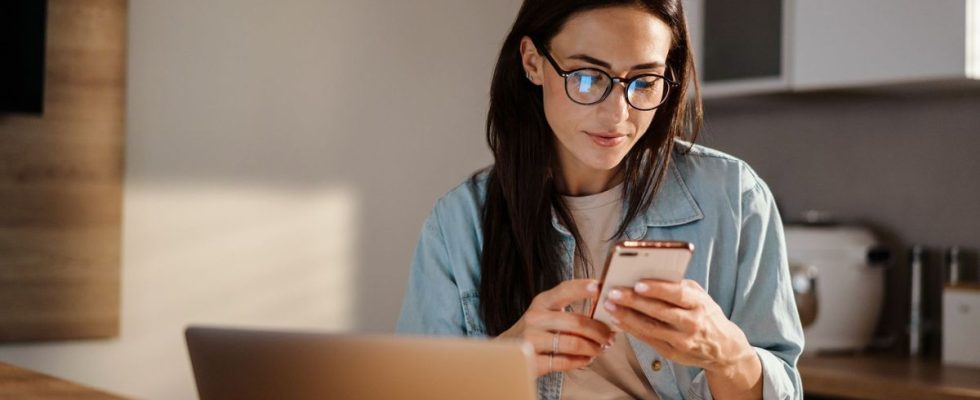Published on
Updated
Reading 3 min.
in collaboration with
Dr Gérald Kierzek (Medical Director)
According to a survey carried out by the Descartes Foundation, there is indeed a link between the information channels used to learn about health and the adoption of risky behaviors (vaccination refusal, renunciation of medical treatment, etc.) . Hence the importance of knowing how to identify reliable sources of information.
A survey carried out by the Descartes Foundation, among 4,000 French people and revealed yesterday with the magazine The Express, wanted to take stock of the way in which the French find out about medical news. And not surprisingly, finding information on social networks in particular would increase risky medical behavior, while reducing knowledge about health.
Social networks, where esoteric and alternative theories explode
According to this study, French people who obtain information “often” to “very often” on health topics via YouTube are 2.9 times more likely than others (29% versus 10%) to have already given up on medical treatment. in favor of an alternative therapy for example.
Likewise, those who use TikTok for information are 2.7 times more likely than others (51% versus 19%) to have already refused a vaccine recommended for themselves and/or their children (excluding Covid- 19).
Respondents using Telegram messaging groups to find out about health issues are twice as likely as others (26% versus 13%) to have refused the Covid-19 vaccine.
“The proportion of poor quality information on health topics, in particular on vaccination, but not only on nutrition, on cancers, etc., is greater on social networks than it is in other information channels“, confirms Laurent Cordonnier, sociologist and director of research.
The doctor remains the first source of information
However, while the field of health is more than ever at the heart of the concerns of the French (42.5% say they are “very” to “extremely” interested in health information), it is still reassuring to note that the vast majority of citizens continue to favor traditional channels for information
- Their doctor for 40.2%;
- Relatives for 31.3%;
- National or regional general media for 27.8%.
The share of social networks ultimately remains low, but the survey notes that their consultation for health reasons continues to grow. Facebook comes first, ahead of YouTube and Instagram.
“Be careful, virality does not mean truth”
How to find reliable health information? Here is the whole question that animates us at Doctissimo today, because a lot of misleading or unverified but attractive information is circulating on the networks. “We also know that fake health news is often the most shared information.” mentions Dr. Gérald Kierzek, our medical director.
To avoid getting caught up in invented or unreliable information, our expert recommends distancing yourself by asking the right questions. :
”Everything that is sold as a miracle, that which is not sourced, and that which is shared quickly en masse should alert you. It is not because there is a virality that there is a truth.”
Because Doctissimo processes information in an area as sensitive as health and well-being, several stages of content validation are put in place. Our content is signed, dated and the sources identified. The editorial team, made up of health journalists, can rely on a committee of experts made up of health professionals in most medical specialties and coordinated by our medical director.
Doctissimo videos labeled Youtube Health
Having your own judgment when browsing networks is not easy, especially when algorithms naturally offer the same types of content as those already viewed, locking us in a closed loop. “It’s about distancing yourself, looking at the source and not taking what is said at face value, especially when there is a request for money for information or a miracle promise.” recommends our expert.
You can also find out about the channel Youtube Doctissimo like 1.54 million subscribers. In addition to our site whose content is validated by health experts, our Youtube channel has now been labeled Youtube Health since November 17, a certification label for verified editorial content, certified by a team of journalists and expert doctors.
How to know? A banner under each video now informs you of the seriousness of the content and the collaboration of a member registered with the RPPS, a shared directory of professionals working in the health system.

Like the compass in our logo, Doctissimo strives to serve as a benchmark for your health.
